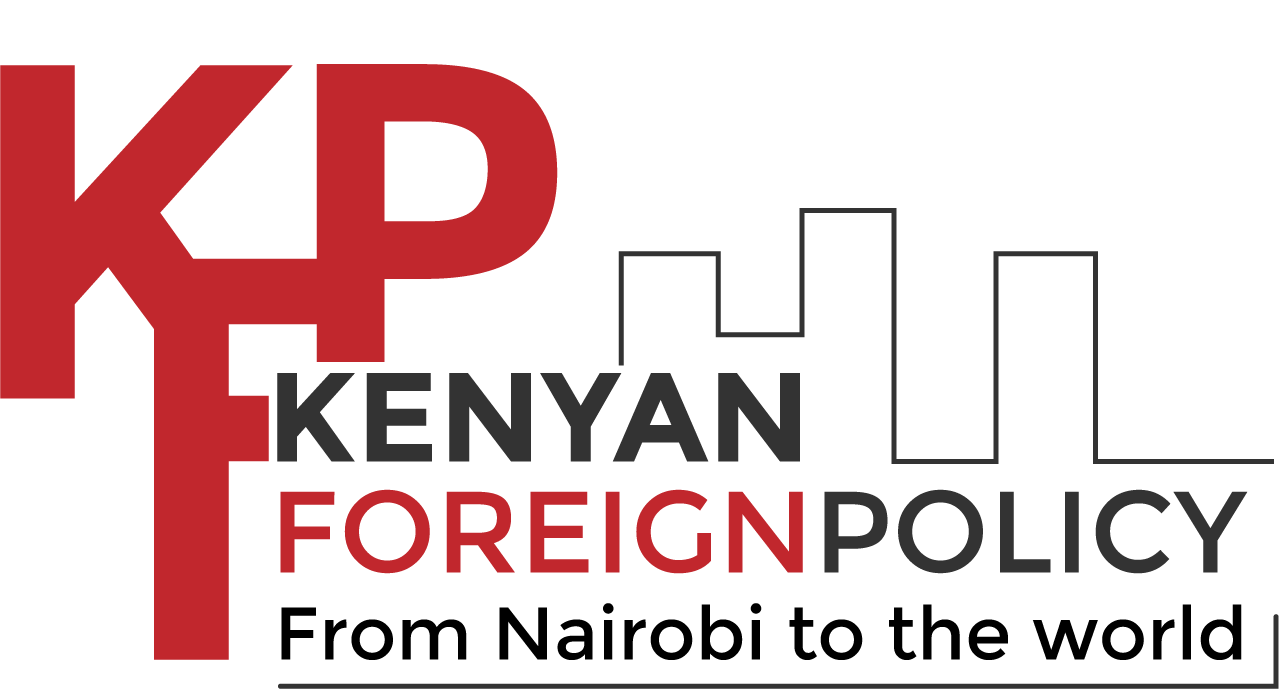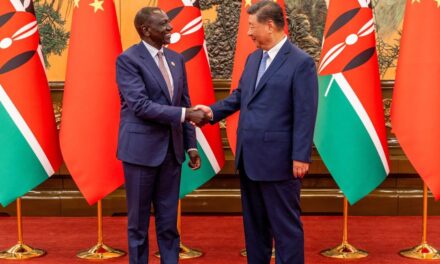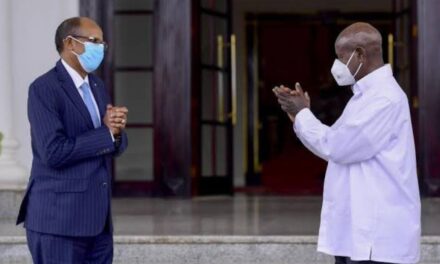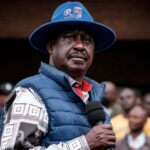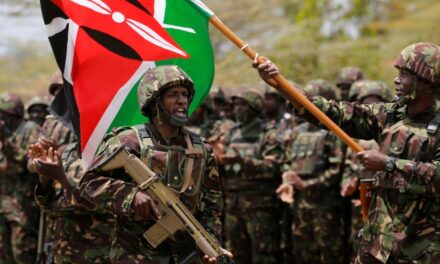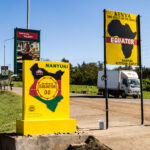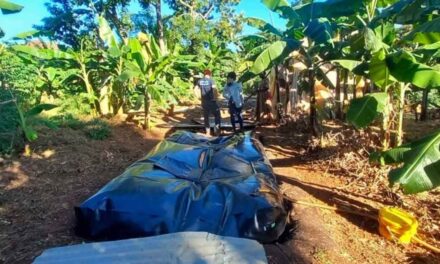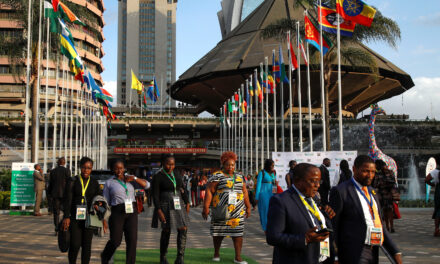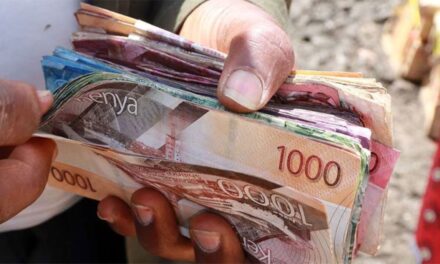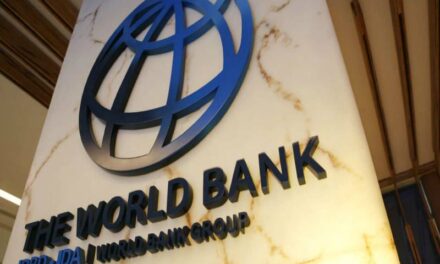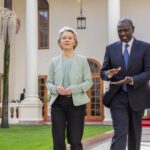
The Ripple Effect: How Moi’s Government Ignited Saba Saba Riots and US Role in ‘Exporting Democracy’
Posted by Patrick Kariuki | Jul 8, 2023 | DEMOCRACY


In 1989, Smith Hempstone, famously known as ‘The Rogue Ambassador’, assumed the role of the US Ambassador to Kenya. His support for the opposition quickly drew the ire of Daniel Arap Moi’s government. Little did he know that his involvement with the opposition would give him a front-row seat to witness the unfolding agitation for democracy, and how Moi’s government inadvertently triggered the Saba Saba riots.
MOI’S OVERREACTION TO FORD IN JUNE 1990
Prominent figures including Oginga Odinga and Ken Matiba formed the Forum for the Restoration of Democracy (FORD) in Kenya, during the country’s single-party state era. To navigate the restrictive political climate, FORD was labeled as “a movement to discuss the future of Kenya” instead of a political party.
Despite Moi’s opposition, Hempstone chose to engage with FORD leaders, a move that irked the Kenyan government.
“It was clear that Moi didn’t like my doing that,” recalled Hempstone in an interview with the Association for Diplomatic Studies and Training in May 1998.
“But I insisted on reporting the realities of the country to the State Department. I reminded him of our past experience in Iran, where the lack of contact with the opposition had backfired. So, I felt compelled to continue my engagement,” he explained.
The vocal ambassador believed that the United States didn’t just ‘export consumer goods but also exported democracy’ to other parts of the world. In line with this belief, he organized a Fourth of July party at the US Embassy in 1990, inviting both the opposition and government officials. The event aimed to foster dialogue and understanding among different stakeholders.
“I had many opposition leaders and government servants. That again was part of my idea to make the embassy and the residence a place where men of goodwill could gather and discuss things rationally, as indeed they did. You could see judges who sent them to jail talking to guys and laughing like rails,” said Hempstone during the interview
Unfortunately, the Kenyan government denied FORD a permit for their planned rally on July 7th, 1990. FORD leaders decided not to hold the meeting but expressed their intention to continue advocating for their cause.
The envoy who has since passed on said Moi’s government missed an opportunity for reconciliation and instead opted to crack down on FORD leaders. Between July 4th and 6th, 1990, the government arrested the most prominent FORD figures, as well as several others. These detentions sparked widespread unrest, leading to the infamous Saba Saba riots on July 7th, 1990.
Responding to the riots, the General Service Unit (GSU) employed excessive force, resulting in numerous casualties.
Hempstone recalled, “The GSU was out there with ax handles, beating up grandmothers and others. A human rights lawyer sought asylum at the embassy, which I granted. We arranged his safe departure to America, where he secured a position at Harvard and Yale.”
The repercussions of Saba Saba extended beyond Kenya’s borders. In response to the violence, the United States reduced aid to Kenya, freezing military assistance and cutting overall financial support. This move had a significant impact, costing the Kenyan government millions of dollars in aid.
SABA SABA’s LEGACY
The Saba Saba riots persisted for four days, resulting in the loss of many lives, injuries, and numerous arrests. However, this event marked a turning point in Kenya’s history. The culture of fear perpetuated by Moi’s regime began to crumble as Kenyans demonstrated their resilience and desire for change.
Sixteen months later, Moi was compelled to accept term limits, and Kenya transitioned from a one-party state to a multi-party democracy.
Although it took another decade to fully dismantle the dominance of the Kenya African National Union (KANU), the regime’s decline commenced on that fateful day, July 7th, 1990.
According to Smith Hempstone, Moi’s government had inadvertently triggered a series of events that eventually led to a new era of democratic governance in Kenya.
Your support empowers us to deliver quality global journalism. Whether big or small, every contribution is valuable to our mission and readers.
